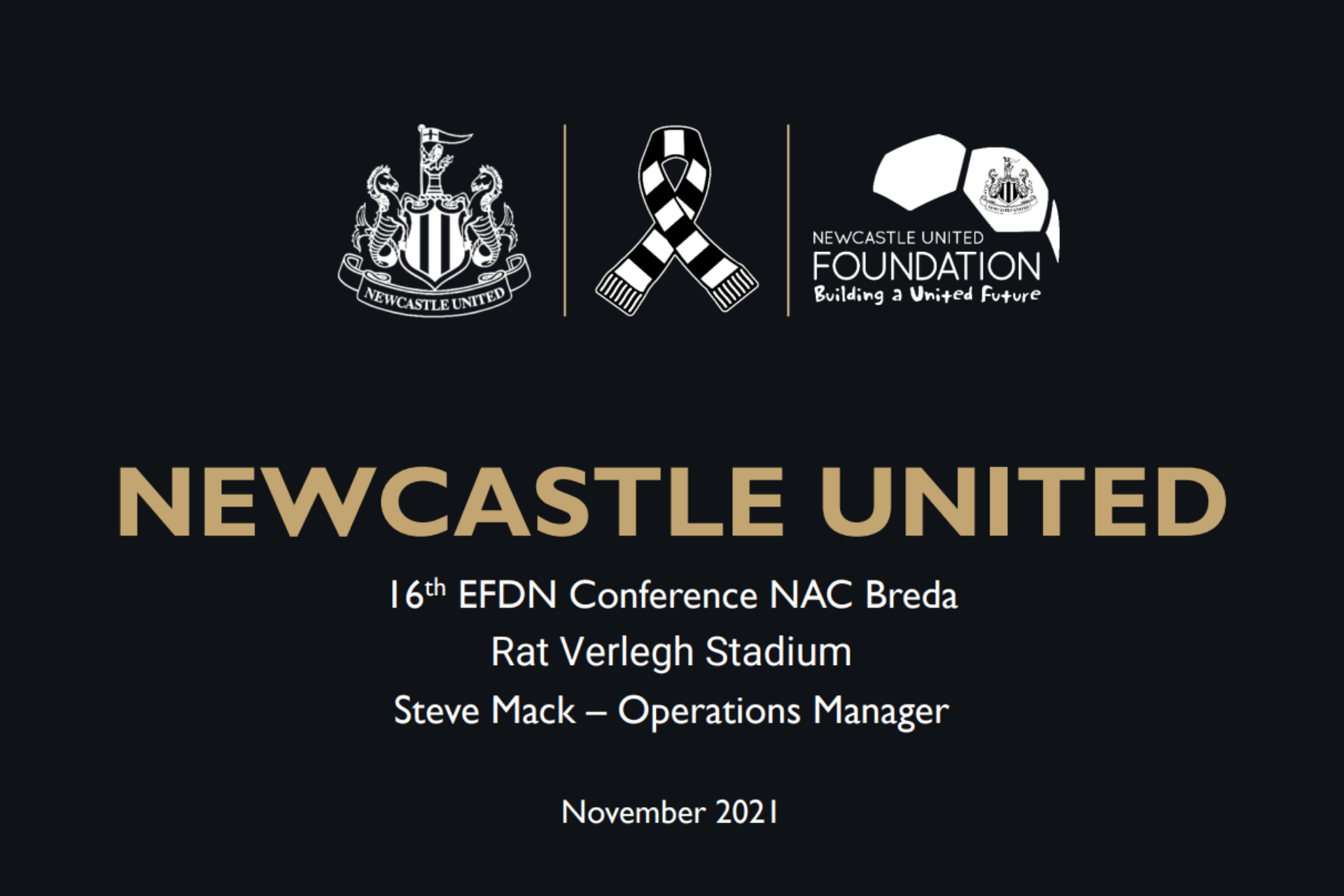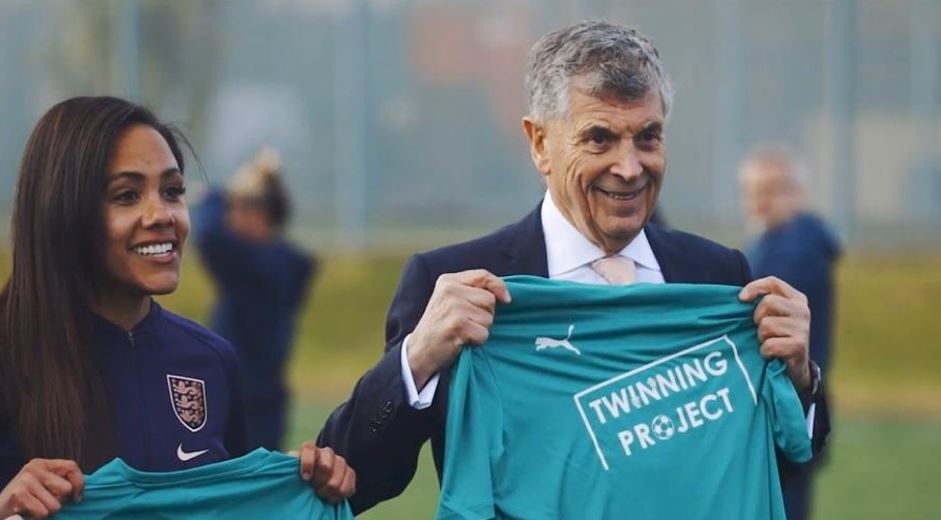Education schemes for coaches from a gender perspective
When discussing gender equality in sport, coaching is always one of the key issues, as statistics show an underrepresentation of women coaches in many disciplines, especially at the highest levels.
The European Commission commissioned this particular study to evaluate existing (formal and non-formal) training and education schemes for coaches in view of their gender equality elements, to evaluate their modules on gender equality and to identify good practices with regards to accessibility for women. This mapping followed specific Expert Group on Good Governance recommendations on Gender Equality in Sport and was very timely in the context of the Estonian Presidency’s focus on the role of coaches in society.
The study looked at:
- Accessibility for women (i.e. flexible timetabling, childcare support)
- Specific modules on gender equality
- Progression i.e. towards high performance coaching
- Mentoring schemes
- Role models i.e experienced women coaches
- Marketing (use of gender equality imagery in advertising etc. )
- Scholarships
In particular, it identified:
- 36 coaching education programmes with a gender dimension across 13 countries
- Women-only programmes as the most common approach
- Limited examples of accessible education activities for women (e.g. more flexible timetabling / childcare)
- Limited examples of programmes with modules on gender equality
- The case studies suggest that women-only courses have worked well where the numbers of women coaches are starting from a low base and particularly where the confidence of women to take up coaching has been influenced by the perception that coaching is a male–dominated profession. However some federations prefer a quota-based approach, whereby women take part in mixed programmes.
- The research suggests that, irrespective of the gender of the participants, the development of gender modules has the potential to support female coaches in their experiences of coaching as they are better prepared to deal with issues of discrimination in the workplace. They can allow for men to have a better understanding of what the key issues surrounding discrimination are, allowing them to adjust their behaviour accordingly.
- The research has also demonstrated the important role of national sport bodies in developing and embedding gender approaches across all sports.

UEFA Carbon Footprint calculator user guide
The resource gives practical guidance for the usage of the UEFA Carbon Footprint calculator.
Download Document
Protected: 16th EFDN Conference – Newcastle United FC Foundation: United As One
There is no excerpt because this is a protected post.

Protected: 13TH EFDN CONFERENCE PRESENTATION – Twinning Project : Creating relationships between prisons and clubs
There is no excerpt because this is a protected post.
